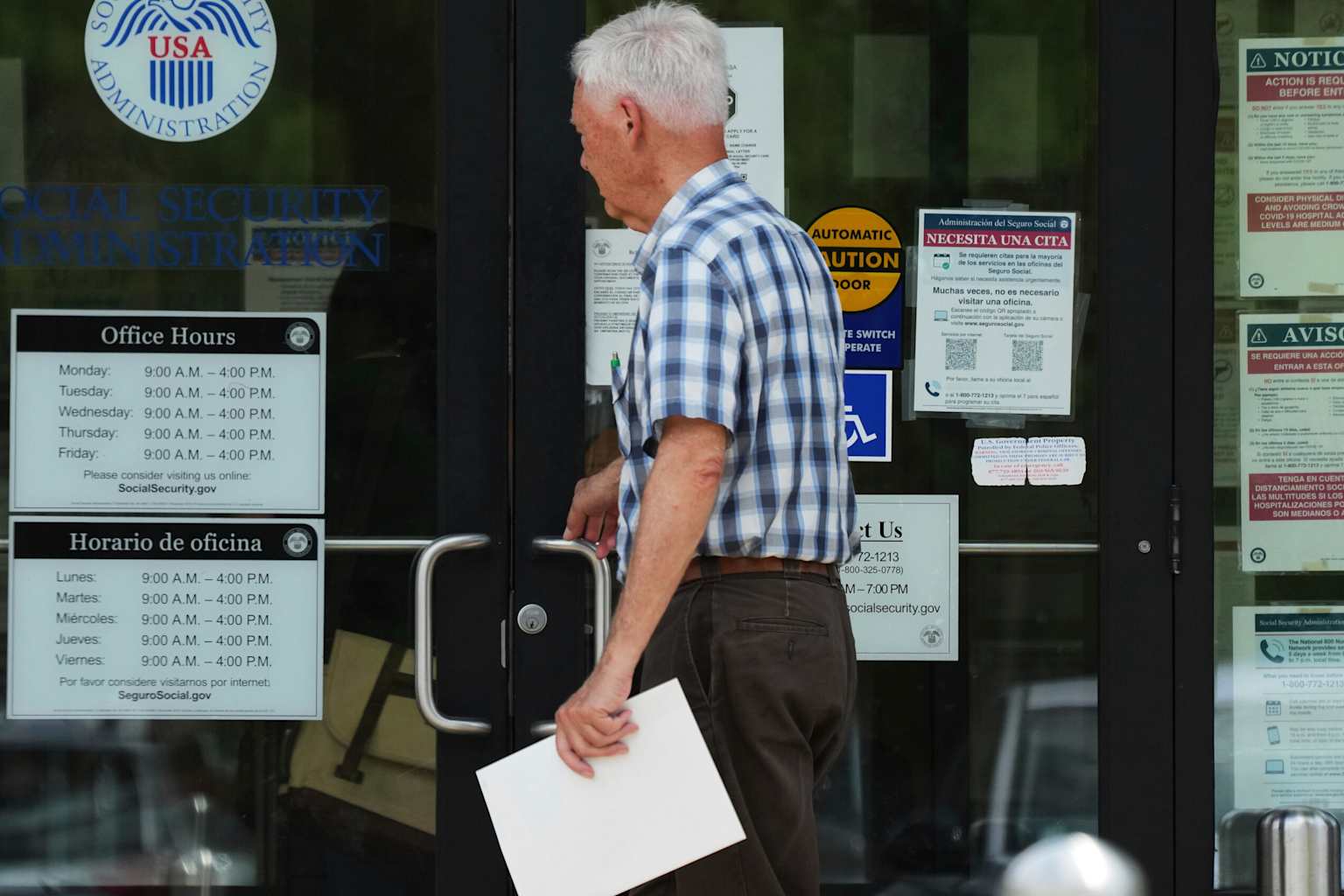- What the Law Actually Does
- Campaign Promise vs. Reality
- Mixed Reactions
The Social Security Administration sent emails to millions of Americans on July 3 claiming President Trump's newly signed tax legislation "eliminates federal income taxes on Social Security benefits for most beneficiaries". The message has sparked confusion and criticism as tax experts say the characterization misleads recipients about what the law actually does.
The emails, which celebrated passage of the "One Big Beautiful Bill," contain language that contradicts the legislation's actual provisions. Rather than eliminating Social Security taxes, the law creates a $6,000 tax deduction for people 65 and older with income restrictions.

The legislation provides an additional tax deduction of $6,000 for Americans 65 and older, but only for those earning under $75,000 individually or $150,000 for married couples filing jointly1. The deduction phases out at higher income levels and disappears entirely above $175,000 for individuals and $250,000 for joint filers2.
According to CBS News, the White House Council of Economic Advisers estimates that 88% of seniors on Social Security will pay no tax on their benefits under the measure because their deductions would exceed their taxable benefits3. However, the Joint Committee on Taxation says 24 million Americans would still pay some tax on Social Security benefits2.
The deduction applies only through 2028 and excludes Social Security beneficiaries aged 62 to 64, survivors, dependents, and disabled workers under 652.
Trump repeatedly promised during his 2024 campaign to end taxation of Social Security benefits entirely, declaring "SENIORS SHOULD NOT PAY TAX ON SOCIAL SECURITY!"1. As recently as June 29, he told Fox News the bill delivers "no tax on Social Security"2.
PolitiFact rated Trump's claim "Mostly False," noting that the congressional provisions "do not eliminate Social Security taxes" and were crafted as workarounds due to Senate procedural rules that prevent directly cutting Social Security2.
Reddit users criticized the SSA's messaging, with one tax professional writing that the email "is going to lead to a lot of confusion at tax time when people have failed to pay in enough estimated taxes"1. Another called the agency's claim "a flat-out lie"1.
The tax break takes effect for the 2025 tax year, meaning eligible Americans will see changes when filing taxes in early 20262. Social Security Commissioner Frank Bisignano said the legislation "reaffirms President Trump's promise to protect Social Security," though critics argue the temporary nature and income limits fall short of that goal3.



